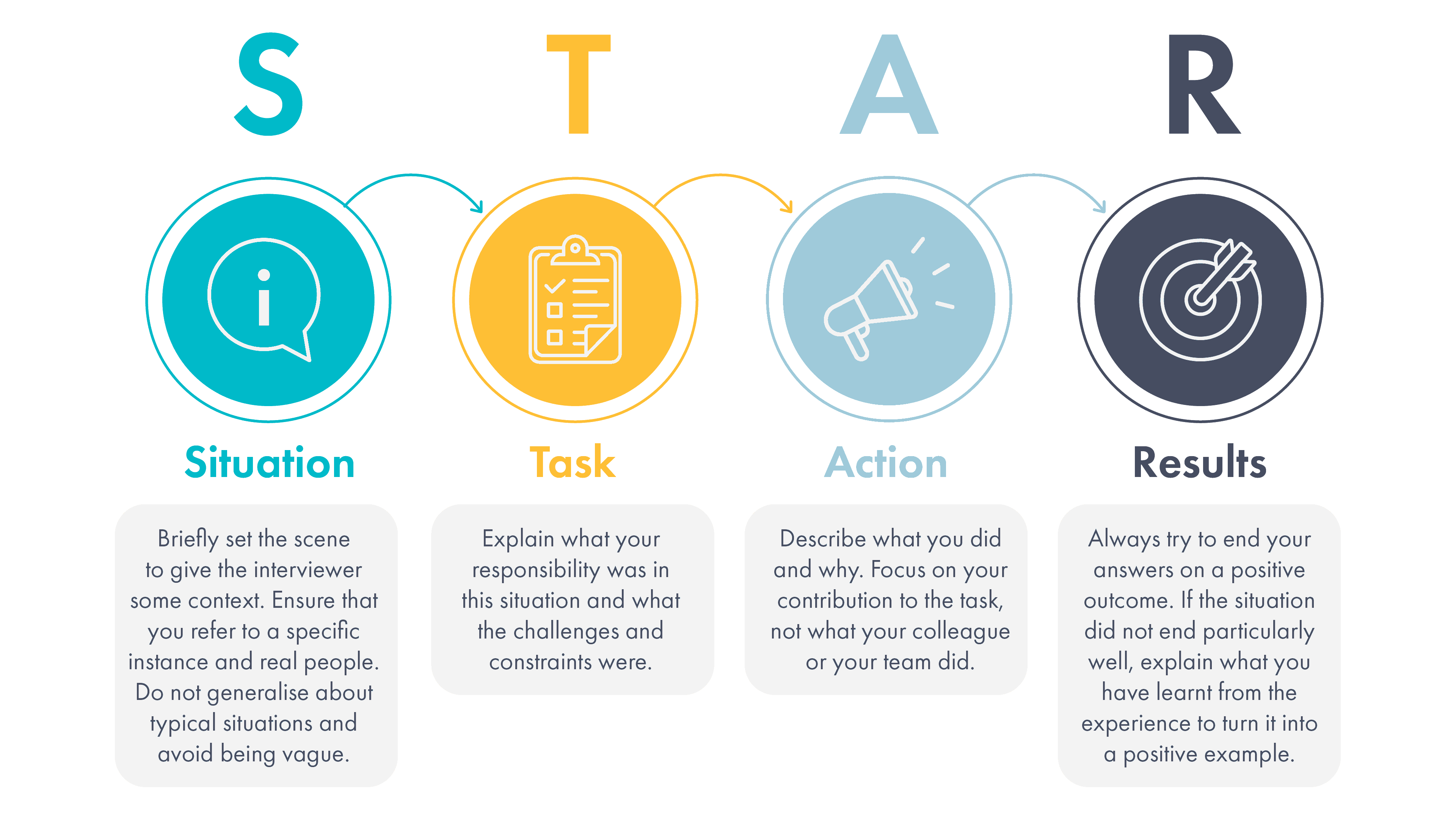
À±½·ÊÓƵ
³Û´Ç³Ü’v±ð impressed the hiring manager with your CV now it’s time to face the interview. Most life sciences interviews are likely to involve competency-based questioning. Understanding the methods and reasoning behind competency-based questioning will enable you to give strong and impressive answers. By preparing and practising successfully you will be able to effectively stand out and improve your chances of securing the role.
What is competency-based interviewing?
With competency-based interviews the interviewer is looking for you to show have the abilities that are integral to the role by using examples from your past experiences.
Most large life science companies will have a standardised interview framework that their human resources team will adhere to. Other types of interviews, such as informal conversations, are less systematic and often don't ask the same questions of each person being interviewed. However, competency-based interviews, often use a formal scoring system of positive and negative indicators and so are less subjective in the decision-making process.
Common competency-based interview questions
By using competency-based interview questions, employers are asking you to back up claims about your skills and experience with real examples. The questions that you will be asked will depend on the position that you are being interviewed for.
If you will be required to work as part of a close team, you might be asked questions that test your teamwork and diplomacy skills, such as:
• Give an example of when you have been part of a successful team. How did you contribute to its success?
• When was the last time you had an argument with a colleague?
For leadership roles the interviewer might explore your initiative, adaptability or decision making. You could be asked:
• Tell me about a time when you have been in a difficult circumstance. How did you resolve this?
• Describe a situation in which your initial approach failed and you had to change tack.
The STAR technique
With this type of questioning it is important that your answers are succinct and that you do not to go off on a tangent, so you will need to consider how to articulate your experience to the interviewer.
STAR is one of the most effective interview techniques for competency-based questions and is a proven method for structuring your answers so that they are relevant and focussed. Make sure that you listen to the question, take a moment to consider your answer and reply in the following way:
How can you prepare?
Whether it’s for a entry-level role or a management position, a good understanding of the role and the skills required will enable you to anticipate the types of questions that you might be asked. Research the position and the company thoroughly so that you know what skills they will ask you to show and are able to convey them effectively in the interview.
It can be very difficult to think of good examples if you are unprepared and the interviewer puts you on the spot. Prepare for your interview by thinking of situations when you have used these skills and ask a friend or your partner to conduct a mock-interview with you.
To find out more about how to prepare for a life sciences interview and how to over the hiring manager, check out our guide on .


.png)





.png)

.png)
.png)

.png)
.png)










